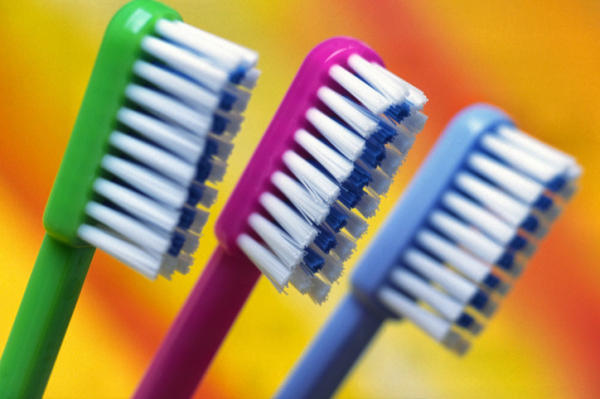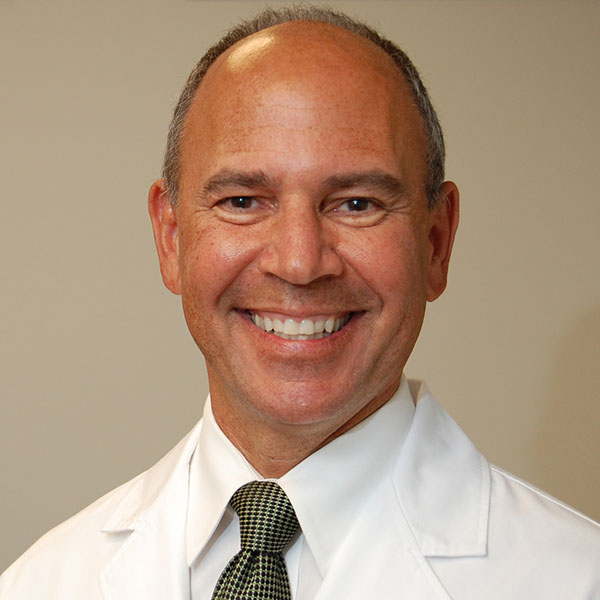
Maybe we should add toothbrushes to the bouquet of flowers we bring to friends and family members in the hospital — and make sure to pack one if we wind up there ourselves.
New Harvard-led research published online in JAMA Internal Medicine suggests seriously ill hospitalized patients are far less likely to develop hospital-acquired pneumonia if their teeth are brushed twice daily. They also need ventilators for less time, are able to leave the intensive care unit (ICU) more quickly, and are less likely to die in the ICU than patients without a similar toothbrushing regimen.
Why would toothbrushing make any difference?
“It makes sense that toothbrushing removes the bacteria that can lead to so many bad outcomes,” says Dr. Tien Jiang, an instructor in oral health policy and epidemiology at Harvard School of Dental Medicine, who wasn’t involved in the new research. “Plaque on teeth is so sticky that rinsing alone can’t effectively dislodge the bacteria. Only toothbrushing can.”
Pneumonia consistently falls among the leading infections patients develop while hospitalized. According to the Agency for Healthcare Research and Quality, each year more than 633,000 Americans who go to the hospital for other health issues wind up getting pneumonia. Air sacs (alveoli) in one or both lungs fill with fluid or pus, causing coughing, fever, chills, and trouble breathing. Nearly 8% of those who develop hospital-acquired pneumonia die from it.
How was the study done?
The researchers reviewed 15 randomized trials encompassing nearly 2,800 patients. All of the studies compared outcomes among seriously ill hospitalized patients who had daily toothbrushing to those who did not.
- 14 of the studies were conducted in ICUs
- 13 involved patients who needed to be on a ventilator
- 11 used an antiseptic rinse called chlorhexidine gluconate for all patients: those who underwent toothbrushing and those who didn’t.
What were the findings?
The findings were compelling and should spur efforts to standardize twice-daily toothbrushing for all hospitalized patients, Dr. Jiang says.
Study participants who were randomly assigned to receive twice-daily toothbrushing were 33% less likely to develop hospital-acquired pneumonia. Those effects were magnified for people on ventilators, who needed this invasive breathing assistance for less time if their teeth were brushed.
Overall, study participants were 19% less likely to die in the ICU — and able to graduate from intensive care faster — with the twice-daily oral regimen.
How long patients stayed in the hospital or whether they were treated with antibiotics while there didn’t seem to influence pneumonia rates. Also, toothbrushing three or more times daily didn’t translate into additional benefits over brushing twice a day.
What were the study’s strengths and limitations?
One major strength was compiling years of smaller studies into one larger analysis — something particularly unusual in dentistry, Dr. Jiang says. “From a dental point of view, having 15 randomized controlled trials is huge. It’s very hard to amass that big of a population in dentistry at this high a level of evidence,” she says.
But toothbrushing techniques may have varied among hospitals participating in the research. And while the study was randomized, it couldn’t be blinded — a tactic that would reduce the chance of skewed results. Because there was no way to conceal toothbrushing regimens, clinicians involved in the study likely knew their efforts were being tracked, which may have changed their behavior.
“Perhaps they were more vigilant because of it,” Dr. Jiang says.
How exactly can toothbrushing prevent hospital-acquired pneumonia?
It’s not complicated. Pneumonia in hospitalized patients often stems from breathing germs into the mouth — germs which number more than 700 different species, including bacteria, fungi, viruses and other microbes.
This prospect looms larger for ventilated patients, since the breathing tube inserted into the throat can carry bacteria farther down the airway. “Ventilated patients lose the normal way of removing some of this bacteria,” Dr. Jiang says. “Without that ventilator, we can sweep it out of our upper airways.”
How much does toothbrushing matter if you’re not hospitalized?
In case you think the study findings only pertain to people in the hospital, think again. Rather, this drives home how vital it is for everyone to take care of their teeth and gums.
About 300 diseases and conditions are linked in some way to oral health. Poor oral health triggers some health problems and worsens others. People with gum disease and tooth loss, for example, have higher rates of heart attacks. And those with uncontrolled gum disease typically have more difficulty controlling blood sugar levels.
About the Author

Maureen Salamon, Executive Editor, Harvard Women's Health Watch
Maureen Salamon is executive editor of Harvard Women’s Health Watch. She began her career as a newspaper reporter and later covered health and medicine for a wide variety of websites, magazines, and hospitals. Her work has … See Full Bio View all posts by Maureen Salamon
About the Reviewer

Howard E. LeWine, MD, Chief Medical Editor, Harvard Health Publishing
Dr. Howard LeWine is a practicing internist at Brigham and Women’s Hospital in Boston, Chief Medical Editor at Harvard Health Publishing, and editor in chief of Harvard Men’s Health Watch. See Full Bio View all posts by Howard E. LeWine, MD
